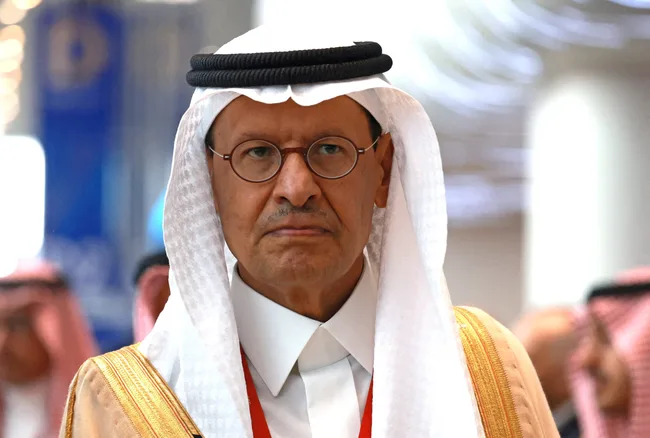Oil & Gas
OPEC+ WILL CONTINUE UNWINDING CUTS DESPITE IRAN-ISRAEL WAR.
JUMA SULEIMAN

OPEC+ members are expected to continue unwinding 2.2 million barrels per day (bpd) of voluntary production cuts despite the ongoing Iran-Israel war, with plans also underway to start rolling back an additional 3.65 million bpd this year, analysts say. Saudi Arabia and seven other countries began increasing supply in April, accelerating output further in May, June, and July—already restoring 62% of the 2.2 million bpd scheduled to return by 2025. Even though Israel launched strikes on Iranian energy facilities following the onset of war on June 13, regional oil supply has not been disrupted.
Saudi energy minister Abdulaziz bin Salman emphasized OPEC+’s pragmatic approach during a June 19 forum in St. Petersburg, asserting that the alliance reacts to "realities" and remains committed to reliability and effectiveness amid changing circumstances. Since its 2016 founding, OPEC+ has acted as a de facto “central bank” for the oil market, bringing stability through production management. In 2024, the group shifted from price-supporting policies to regaining market share, penalizing non-compliant members—particularly Iraq and Kazakhstan—by accelerating the pace of production increases.
This shift, analysts argue, was prompted by persistent quota violations by some members and economic pressures caused by US President Donald Trump’s global tariff war. According to Jim Krane of Rice University’s Baker Institute, the prolonged restraint in output became unsustainable. "For the Saudis, so many producers had just given up on following the quotas... It became time to open the taps and allow the inevitable to take place." Analysts predict that the remaining 830,000 bpd will return in 2025, along with 1.65 million bpd in voluntary cuts and 2 million bpd in group curbs that were initially expected to end this year.
Brent crude prices have fluctuated amid these developments, rising from $75.5 per barrel on April 1 to over $78 following Israel’s attacks, with prices now approaching $80 as investors await a possible US intervention. While OPEC+ has kept prices stable in the high $60s despite global economic headwinds, trade wars, and rising non-OPEC+ supply, experts warn of an approaching oversupply. Growth from South America, weak demand in China and the West, and OPEC+'s increased output could crowd out US shale oil. Despite campaign promises, Trump’s energy policies have failed to stimulate US production, with higher tariffs and investor uncertainty forcing producers to scale back operations.
